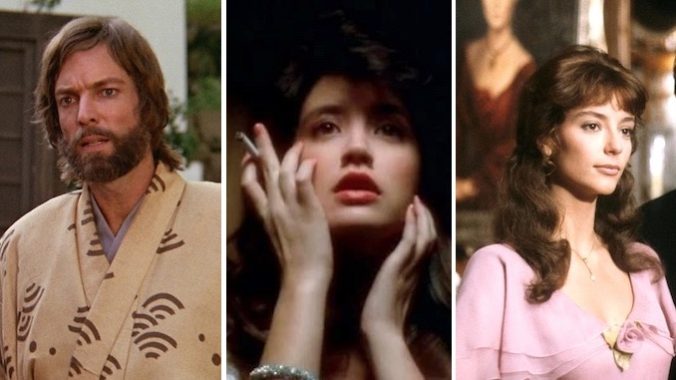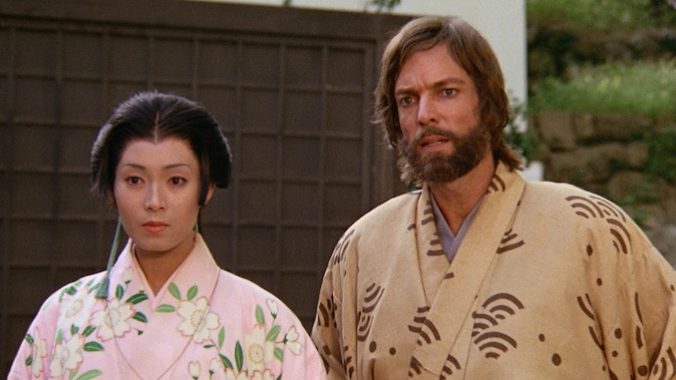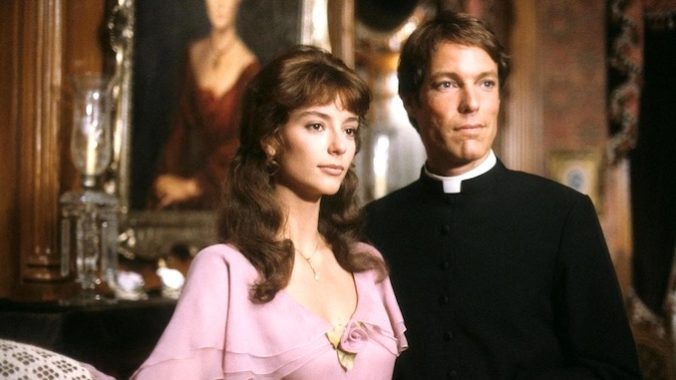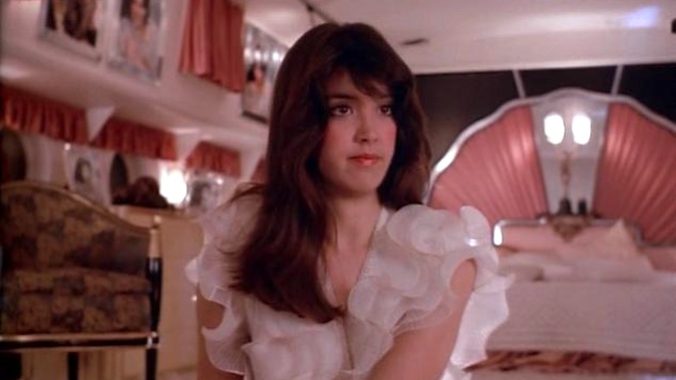The Best 1980s Miniseries that Changed Television

Compared to the instant gratification we get from streaming networks nowadays, we had it hard back in the ‘80s. Don’t get me wrong, it wasn’t difficult in the literal sense, but how the industry operated was much different four decades ago. Network television was all-powerful, cable was in its infancy, and it would be a few years until technology would crawl ahead enough to bring us the VCR.
While the term “miniseries” has long become outdated and replaced with the more showy “limited series” (which itself is often not honored—looking at you Big Little Lies and its many seasons-long “limited” peers), use it around any Baby Boomer or Gen Xer and their eyes will light up instantly. Just like its name implies, miniseries were short-term, episodic television that popped up a few times a year. Often marketed as major events, they took on all the qualities then only associated with motion pictures, including large budgets, high profile casting, and massive production value. They were such a big deal that people would cancel all plans and stay home, throw watch parties, and would not take even one phone call during the viewing.
Rich Man, Poor Man (1976) and Roots (1977 ) were two beloved and highly regarded miniseries that came out of the Disco Decade, but the 1980s staked their own claim with a trio of presentations that have also remained in the annals of pop culture.
Each of these miniseries, and the blossoming genre itself, engrossed us in a way that a normal movie or television series couldn’t, and their soapy goodness was not lost on those of a certain age and generation. Although the genre continued to flourish through the 1990s, once the first decade of the new millennium was upon us, it all but vanished. For all its pomp and opulence, you cannot deny that in those days, the miniseries was one guilty pleasure we were more than happy to indulge in.
Break out your legwarmers and off-the-shoulder shirts, and let’s revisit those miniseries that made such an impact in the 1980s that we still talk about them today.

Shogun (1980)

To kick off the decade, the adaptation of James Clavell’s 1975 novel about a British sailor who gets stranded in 17th century feudal Japan and taken captive by samurai aired on NBC for four nights in September 1980. As protagonist John Blackthorne (Richard Chamberlain) is ordered to acclimate to Japanese life and custom, and the military commanders’ battle against each other to claim the title of shogun raged on, it certainly made sense to film it completely in the country it was based. Not only was this type of production being shot overseas practically unheard of in those days, but so was the fact that much of the scripted and spoken dialogue was, in fact, in Japanese.
Alongside Chamberlain were John Rhys-Davies (known to more modern audiences as Gimli in the Lord of the Rings films), Damien Thomas, Yoko Shimada, and as the frighteningly imposing Lord Toranaga, the late, great Toshiro Mifune (if you haven’t grasped the level of badassery that was Mifune, I urge you to stream The Seven Samurai and Rashomon). The love story between Blackthorne and the very married assistant and translator to Toranaga, Mariko (Shimada), provided Shogun with a much needed romantic aspect to balance the dramatic violence that propelled such an engrossing story of political power and control.
While Chamberlain didn’t put on a British accent despite playing an Englishman, the series was the catalyst in the massive jump in interest in Japanese culture. Narrated by Orson Welles (who certainly provided one authoritative voiceover), this massive hit would be nominated for fourteen Primetime Emmy awards, winning three (including Outstanding Limited Series), as well as three Golden Globe wins, one each for Chamberlain and Shimada in their respective acting categories, and one for Best Television Series-Drama, according to IMDb. A remake has been filmed and is set to premiere sometime in 2023.
-

-

-

-

-

-

-

-

-

-

-

-

-

-

-

-

-

-

-

-

-

-

-

-

-

-

-

-

-

-

-

-

-

-

-

-

-

-

-

-










































